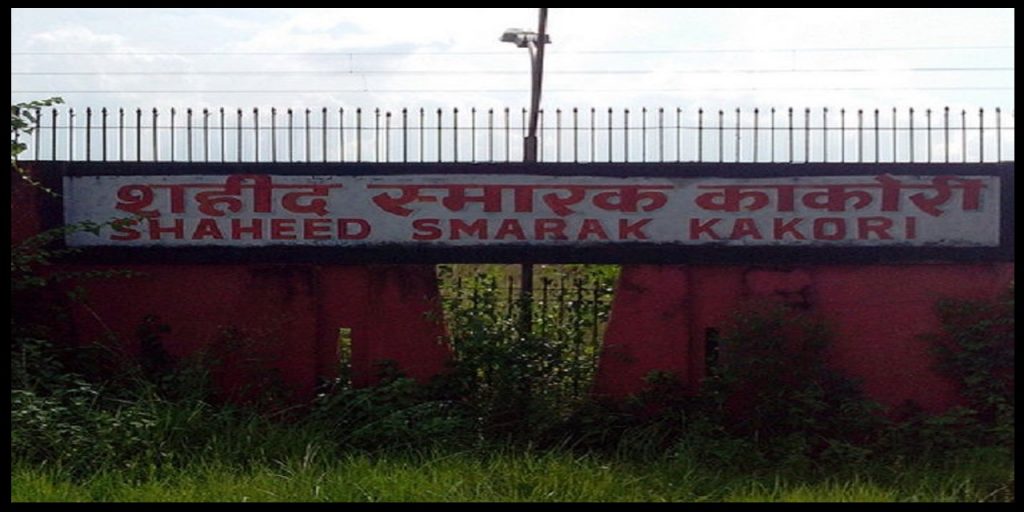No products in the cart.
Rajendra Nath Lahiri: A brave revolutionary of India’s freedom, who played a crucial role during Kakori Kand
One of the most significant events of Bharat’s freedom struggle was the Kakori incident took place on August 9th, 1925. Rajendra Nath Lahiri was the mastermind behind Kakori Robbery & Dakshineshwar Bombing. He was an active member of the Hindustan Republican Association aimed at extracting the British from India. Kakori was the station between Shahjahanpur and Lucknow where the robbery took place. Revolutionaries looted the train with a view to giving a jolt to the British and they also wanted the incident to be noticed by common people.
Rajendra was born on June 29, 1901, in the village of Mohanpur, Pabna district (now in Bangladesh) to Kshiti Mohan Lahiri and Basant Kumari. At the time of his birth, his father was in prison along with his elder brother, for participating in the activities of the banned Anushilan Samiti.
Rajendra Nath Lahiri always had an innate sense of patriotism. When he was just 9 years, he went to his maternal uncle’s home in Varanasi. He received his education from Kashi and joined MA( History) in BHU, this was the time when he came across the famous revolutionary Sachindranath Sanyal. Recognizing the patriotism, revolutionary spirit and passion for freedom in Rajendranath, Sachindranath made him the editor of the magazine Banga Vaani as well as the coordinator and arms in charge for the Varanasi branch of the Anushilan Samiti.
Role of Rajendra Nath in Kakori incident:
He played a crucial role during the Kakori incident. When Ashfaqullah Khan initially suspected the proposal, feeling it would bring undue attention to the revolutionaries. It was Rajendra Nath Lahiri, who stood ground and forced Ashfaq to reconsider.

As per the plan, he was the one who pulled the chain at Kakori station on August 9, 1925, giving a signal to Bismil, Ashfaqullah, Chandrashekhar Azad and 10 others to rob the bags containing the money.
After the Kakori incident, Bismil asked him to go to Bengal to learn bomb-making. This was the same place where the Dakshineshwar incident took place. He accumulated all the materials necessary for making the bombs. In the process of bomb-making, a bomb suddenly exploded due to the carelessness of another revolutionary. The cops heard the sound of the explosion and immediately reached the spot and arrested Rajendra Nath Lahiri with 9 other revolutionaries
the British Government filed a lawsuit against the revolutionaries for the Kakori incident. They were accused of launching a war against the British crown and looting the treasury. The revolutionaries were finally declared guilty through fabricated evidence and false witnesses. Rajendra Nath was sent to Lucknow and put in jail there.
Revolutionaries made several appeals and arguments but the British Government did not reconsider the matter and Rajendra Nath Lahiri along with Bismil, Ashfaqullah Khan and Roshan Singh were sentenced to death by hanging. While the others were to be hanged on December 19, Lahiri was to be hanged 2 days earlier on December 17, at the Gonda district jail.








